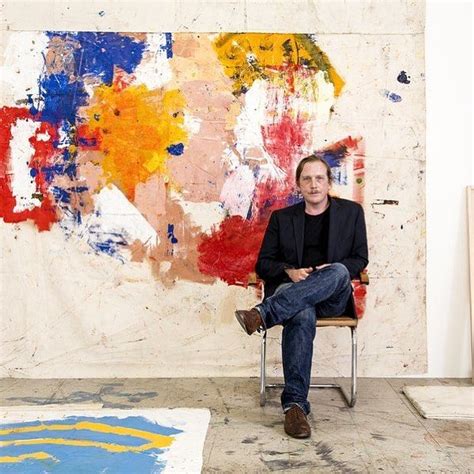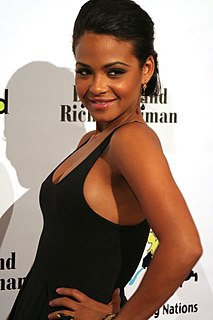A Quote by Eric Kripke
It's hard to make a lot of pop culture references where there's no pop culture.
Quote Topics
Related Quotes
I’ve always thought that if comics are a part of pop culture [then] they should reflect pop culture, but a lot of the time comics, superhero comics especially, just feed on themselves. For me, comics should take from every bit of pop culture that they can; they’ve got the same DNA as music and film and TV and fashion and all of these things.
'We Are Pop Culture' is my clothing line for women that started with just T-shirts. The clothing line is urban street wear. It's for women that feel confident in their own skin and want to express themselves. The whole idea is to play with modern pop culture and previous pop culture using art and sayings.
I'm a staunch believer in the effect of pop culture - including advertising and the internet - on the young. Pop culture in its narrowest sense - mass-produced film, TV, and music - either truly reflects what's up in youth culture, or it reflects what youth-filled focus groups have told marketing companies that they want to consume.
I try to look at the films as I make them from a distance, in a way. I think of them as kind of pop culture artefacts. I'll often make posters and tag lines as I'm working on them, and not just conceive of them as a story I'm going to tell, but as a whole, a piece - a whole object that exists in the pop culture realm.






































